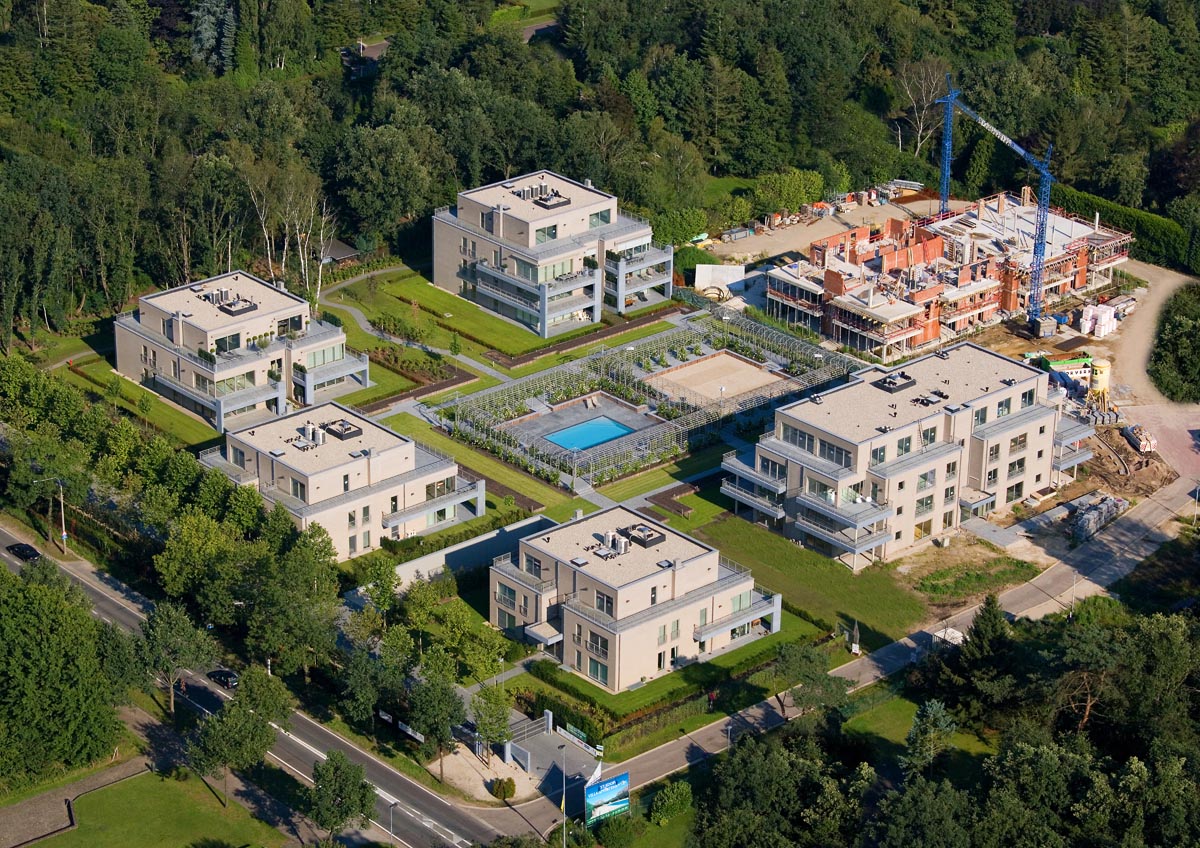Methodology
A transdisciplinary methodology
The needs and expectations of stakeholders are the starting point of the INDIGO proposal and its methodology. The scientific concepts, the research methodology and the valorization trajectory are user-oriented. This means that the research methodology is developed to foster different types of collaboration between INDIGO scientists and stakeholders. In other words its methodology will be clearly transdisciplinary.
The transdisciplinary problematization strategy has four significant methodological aspects:
First of all, transdisciplinary problematisation is an active process involving different types of actors (scientists, policy makers, citizens, movement leaders, other stakeholders, …). All have different aspirations for, and roles in the use and appropriation of space. All use a diversity of concepts and discourses, while being influenced by different value systems and analytical perspectives, and work under a diversity of ownership regimes. Building shared land use (rights) cannot be based on a predefined consensus but concerns the gradual (and evolving) sharing of views of how the city works and how it could work in the future.
To this purpose there is a second aspect to transdisciplinary problematisation, namely a shared understanding of how land use structures and ownership regimes are built. Such shared and gradually built understanding does not “naturalise” structural constraints such as ownership regimes, land use plans, zoning systems, etc., but perceives them as both socially reproduced as well as emerging. The former refers to understanding how structures come about and what opportunities for their transformation they hold, while the latter refers to their collective shaping through conscious and ethical agency. This then opens invitations to the building and improvement of interactive methods for a more fruitful collaboration between different types of actors.
This shared and gradually built understanding of land ownership and use rights within their institutional contexts is best served by collective negotiation among researchers and stakeholders of a ‘meta-theoretical framework’ capable of ‘hosting’ the contradictory relationships between actors and between institutions, while leaving room for complementary, but also contrasting, explanations of collective and private land use practices and their impact on the commons.
The fourth methodological aspect of transdisciplinary problematization, includes a customization of action research to the purpose of transdisciplinary spatial analysis and planning. In the co-design of new commons between stakeholders, the Théorie des Cités will take an important position. INDIGO employs Théorie des Cités to analyse what drives protagonists from communities of practice in their interaction with protagonists from other communities. The theory goes back to Boltanski and Thévenot (and Chiapelli) who conceived regulations as part of an institutional system in which they are produced through mediation, interaction between consensus/dissensus. The theory stresses the importance of how protagonists of communities justify their positions and affinities.

